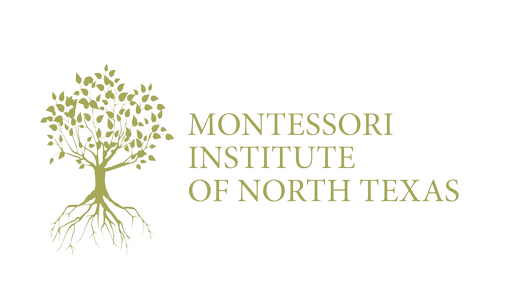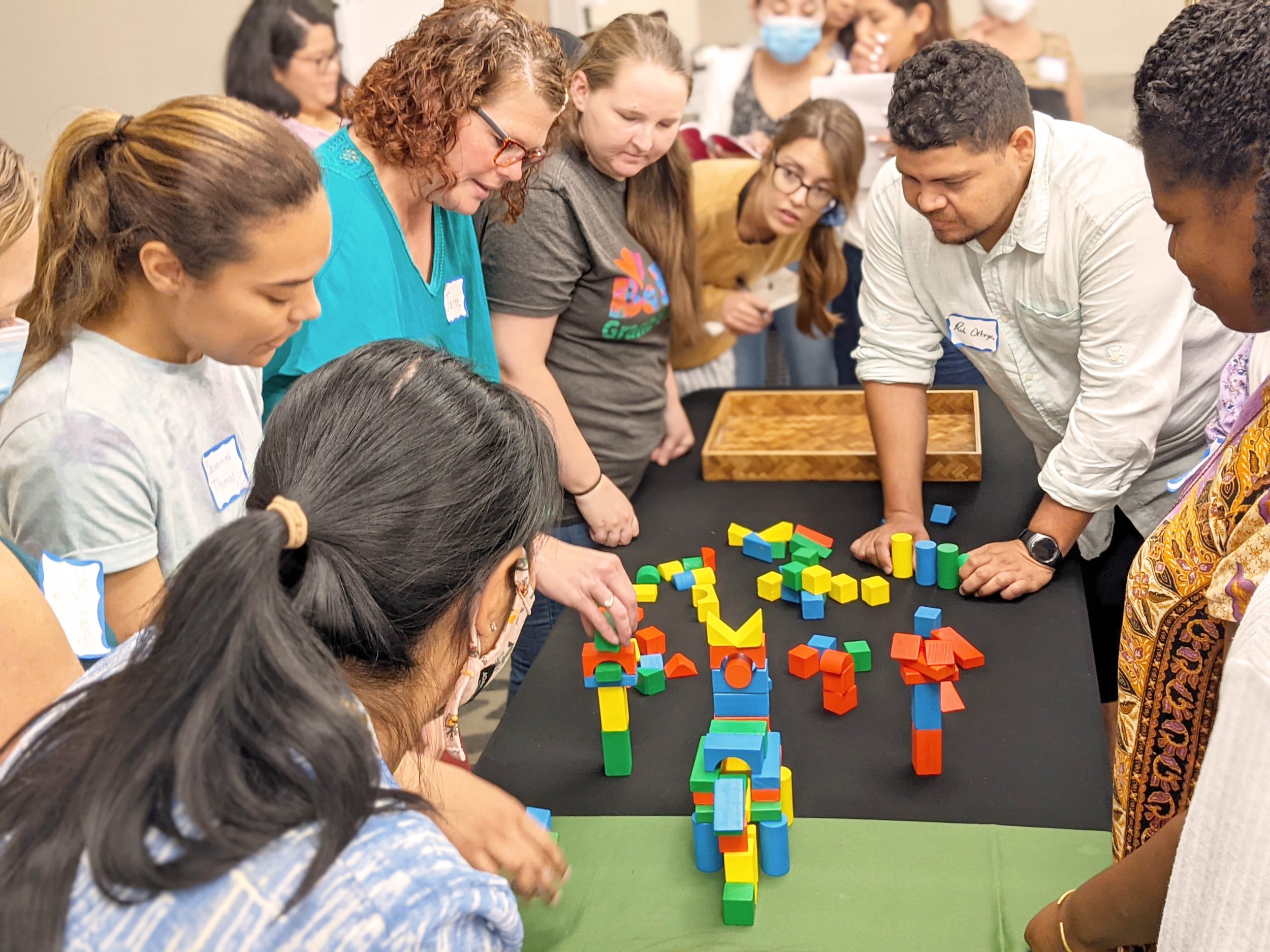Cultivating Community with Intention
By Rocky Garza
If you’re familiar with growing up in a large family, you know that means there’s always something to celebrate. Birthdays, holidays, or just a regular Friday night. My family would always find a reason to gather. And in the family I grew up in, love was often shown through the kitchen. Endless buffets of entrees, sides, and desserts that could easily feed an army. After a full weekend of celebrating the big and the small things in life, I noticed my mom kept asking me questions like, “Do you want one hamburger or two?”, “Do you want seconds?”, and “Did you get enough to eat?” at every party.
There was nothing malicious about her questions. In fact, I know now she had good intentions with her questions to make sure I was well fed. She was just trying to take care of her boy. The impact of those questions, however, stayed with me my entire life. I remember growing up thinking anytime somebody asked me if I wanted seconds, if I wanted more food, or if I wanted to order off of the adult menu instead of the children’s menu, that what they really were saying was: “Rocky, you eat a lot." Here’s the crazy part of this story: I did eat a lot.
More than the reality and truth of how much food I did or didn’t eat, the story that I heard was “I ate too much,” “I am too fat,” and “I am so big.” But here’s the other truth: this was a story told to me about me. Someone else’s questions turned into truths about myself that have stayed with me for a long time. Not intentionally, but because I never came back to address the lie. I never attempted to identify the narrator of the story to uproot the doubt these stories caused.
What are the stories you tell yourself? And who is the narrator of those stories? I think asking yourself that question starts you down the path of unwinding the doubt you have in your life. I think asking this question to the people in your life starts you down a more engaged, intentional, connected path.
Who is in your community? Is it your close friends? Is it co-workers or employees? Is it neighbors? Is it family? This could be a conversation between you and your co-workers, between you and your administration, between you and the parents of your students. Your community is who you spend your time with, your own personal team. Whoever it is, whatever it looks like, you’re part of a community.
We're nearing the end of this year. As we become busier with the holidays and wrapping up the semester, retailers and shipping companies urge us to get our holiday shopping started now. I want to urge you to start thinking about how to lean into cultivating your community, now.
Engaging with your community can be hard but I think it can also be simple. I've pulled together the 10 questions I think are essential to engaging and growing with your community. Whoever it is, whatever it looks like, you’re part of a community. I suggest creating a space that’s distraction-free, allows for close proximity (which can still be done via Zoom), and encourages vulnerability.
This could look like a happy hour where everyone involved answers all the questions, or by throwing out the agenda for your next staff meeting and going through the first half of the questions, or maybe just going off the cuff to throw out one of these questions on your next Zoom meeting.
Create the space, plan it out, and engage with your community.
1. When was the last time you felt successful?
2. What gets you out of bed every morning?
3. What is something you've been thinking about but have yet to share with someone else?
4. What three words would you use to define yourself?
5. What is a hope you have for this coming week/month/year?
6. Who most often plays the role of narrator in the stories you tell yourself?
7. What is the one thing you value most in life? Why?
8. What keeps you from taking ownership of your strengths/greatest gifts?
9. What is something you need that you haven't asked for?
10. What is your default tendency: living into others’ perceptions of you or standing up for yourself?
Take this a step further. After someone answers, show a level of curiosity and ask them, "tell me about that.” When we engage with our community in a way that is intentional, personal, and meaningful it shows that we truly care. It allows not only our team but most importantly ourselves to be fully seen and known.
© 2021 Rocky Garza
Rocky Garza, The People Expert
Since 2015 Rocky has been working with individuals, teams, and companies to help them see the clearest picture of themselves. In every coaching session, workshop, or keynote Rocky's words can be boiled down to one simple truth: that who you are is good. When you can find rest in this truth, you find freedom, healing, and strength. Rocky grew up in Texas. He has two kids, is a Montessori parent, and is a devoted partner to Sara.
Find Rocky at www.rockygarza.com and on Facebook and Instagram @rockygarza.


